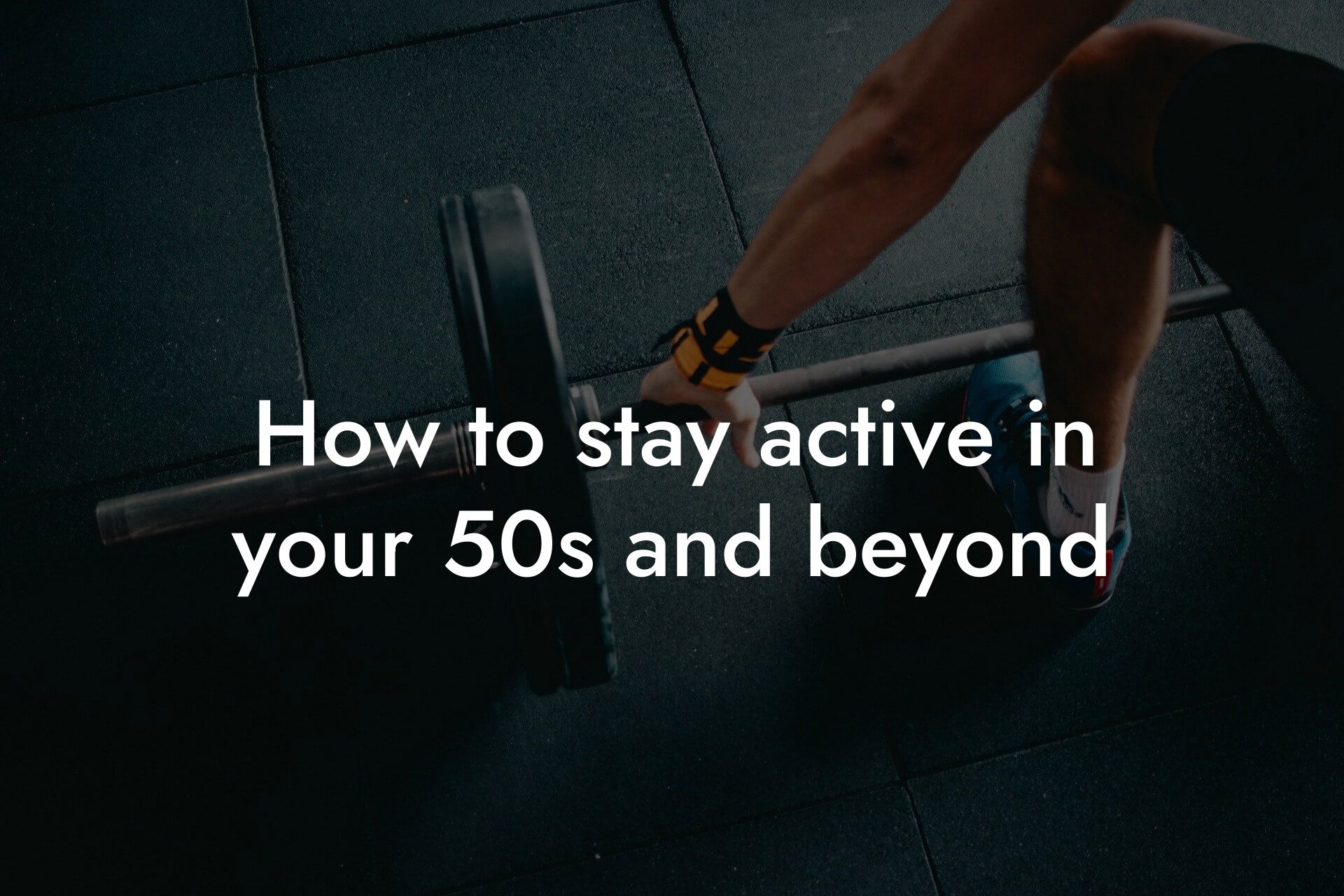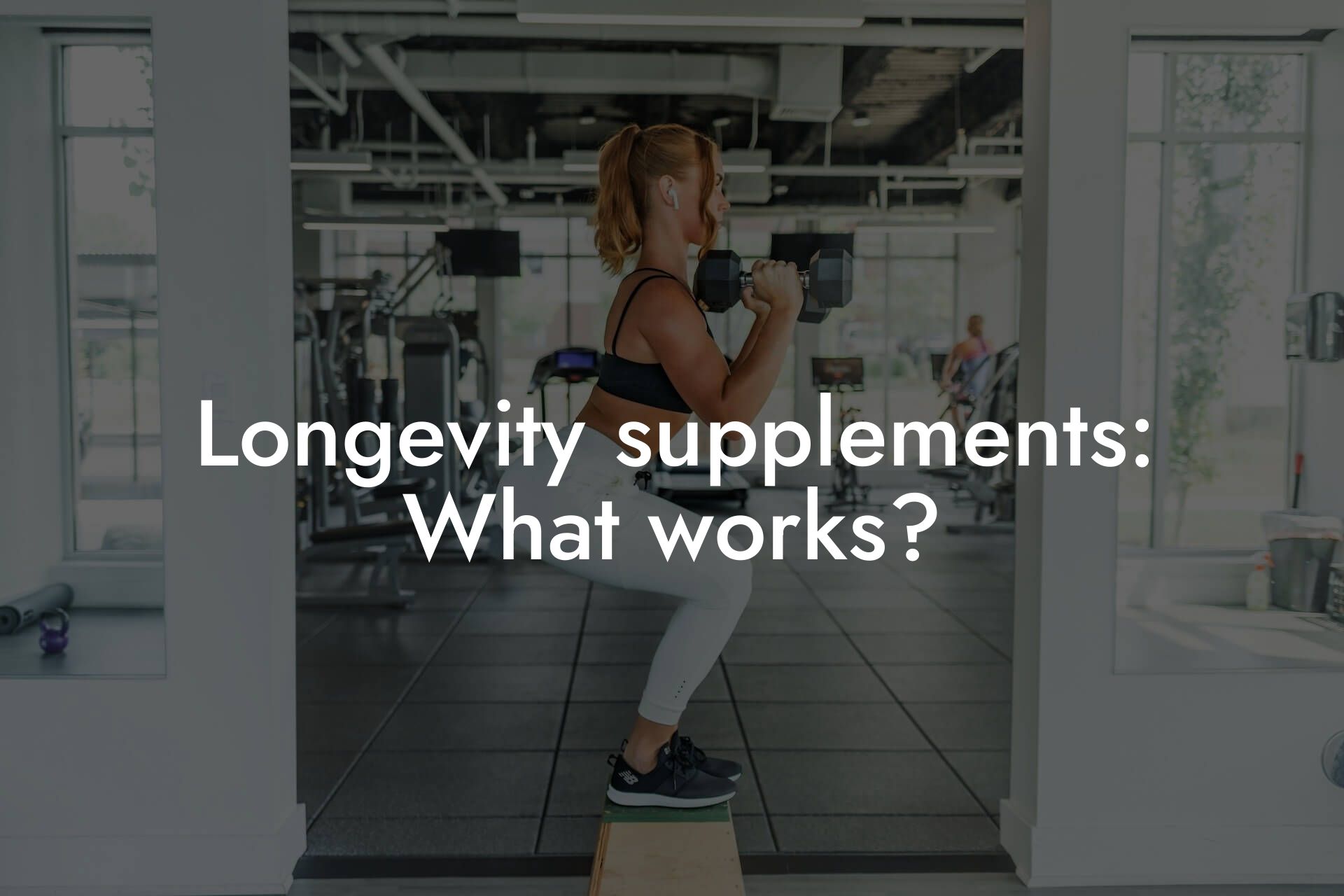As high-earning professionals, you understand the importance of maintaining a healthy and fit physique to stay on top of your game. At Tano Performance Group, we're committed to providing you with the latest information and insights to help you achieve your fitness goals. In this article, we'll delve into the fascinating world of telomeres and their role in aging and fitness.
Table of Contents
What are Telomeres?
Telomeres are the protective caps on the ends of our chromosomes, often likened to the plastic tips on shoelaces. They're made up of repetitive DNA sequences and proteins that shield our genetic material from damage. Think of telomeres as the biological equivalent of a car's odometer, measuring the wear and tear on our cells over time.
How Do Telomeres Affect Aging?
As we age, our telomeres naturally shorten due to the process of cellular division. This shortening is a normal part of life, but it can also be accelerated by factors such as stress, poor diet, and lack of exercise. When telomeres become too short, cells can enter a state of senescence or undergo programmed cell death, leading to the visible signs of aging, including wrinkles, age spots, and decreased physical performance.
The Link Between Telomeres and Fitness
Research has shown that regular exercise can help slow down telomere shortening, effectively turning back the clock on cellular aging. A study published in the Journal of Aging and Physical Activity found that telomere length was significantly longer in endurance-trained athletes compared to sedentary individuals. This suggests that regular exercise can help mitigate the effects of aging on telomeres.
Telomere Length and Athletic Performance
But what about the impact of telomere length on athletic performance? A study published in the European Journal of Applied Physiology found that telomere length was positively correlated with aerobic capacity in elite athletes. This means that athletes with longer telomeres tend to have better cardiovascular fitness and endurance.
How Can You Protect Your Telomeres?
While telomere shortening is a natural process, there are steps you can take to protect your telomeres and slow down the aging process:
-
Exercise regularly: Engage in moderate-intensity exercise, such as cardio and strength training, to help slow down telomere shortening.
-
Maintain a healthy diet: Focus on consuming antioxidant-rich foods, such as fruits, vegetables, and nuts, to reduce oxidative stress and inflammation.
-
Manage stress: Chronic stress can accelerate telomere shortening, so make sure to prioritize stress-reducing activities, such as meditation and yoga.
-
Get enough sleep: Aim for 7-9 hours of sleep per night to help your body repair and regenerate cells.
Telomere Testing: What You Need to Know
Telomere testing is a relatively new area of research, and while it's not yet widely available, it's becoming increasingly popular. Telomere testing can provide valuable insights into your cellular health and aging process. However, it's essential to note that telomere length is just one aspect of overall health, and results should be interpreted in conjunction with other health markers.
In conclusion, telomeres play a critical role in the aging process, and their length can have a significant impact on our physical fitness and performance. By understanding the importance of telomeres and taking proactive steps to protect them, you can optimize your cellular health and maintain peak physical performance. At Tano Performance Group, we're committed to helping you achieve your fitness goals through our comprehensive DEXA body assessments and personalized coaching. Take control of your health and fitness today!
Frequently Asked Questions
What are telomeres and what is their role in our bodies?
Telomeres are the protective caps on the ends of our chromosomes, often compared to the plastic tips on shoelaces. They shorten as we age, and their length is a marker of cellular aging. Telomeres play a crucial role in maintaining the integrity of our DNA and preventing cellular senescence.
How do telomeres relate to aging?
Telomere shortening is a natural process that occurs as we age. As telomeres shorten, our cells' ability to divide and function properly is compromised, leading to the physical symptoms we associate with aging, such as wrinkles, frailty, and decreased physical performance.
Can telomere length be used as a biomarker for aging?
Yes, telomere length is a widely accepted biomarker for cellular aging. Measuring telomere length can provide valuable insights into an individual's biological age, which may differ from their chronological age.
What is the relationship between telomeres and fitness?
Research has shown that individuals with longer telomeres tend to have better physical fitness and performance. This is because longer telomeres are associated with better cellular health, which enables our bodies to function more efficiently and recover more effectively from physical stress.
Can exercise and physical activity affect telomere length?
Yes, regular exercise and physical activity have been shown to slow down telomere shortening and even increase telomere length in some cases. This is because exercise stimulates the production of telomerase, an enzyme that helps maintain telomere length.
How does stress affect telomere length?
Chronic stress has been shown to accelerate telomere shortening, which can have negative effects on our overall health and fitness. This is because stress triggers the production of free radicals, which can damage our cells and lead to telomere shortening.
Can diet and nutrition impact telomere length?
Yes, a diet rich in antioxidants, vitamins, and minerals can help protect telomeres from damage and promote telomere length. Conversely, a diet high in processed foods and sugar can accelerate telomere shortening.
What is the relationship between telomeres and body fat?
Research has shown that individuals with higher body fat percentages tend to have shorter telomeres. This is because excess body fat can lead to chronic inflammation, which can damage telomeres and accelerate aging.
Can telomere length be used to predict athletic performance?
While telomere length is not a direct predictor of athletic performance, it can provide valuable insights into an individual's overall health and fitness. Athletes with longer telomeres may have a competitive advantage due to their better cellular health and ability to recover from intense physical activity.
How does telomere length affect bone density?
Telomere length has been shown to be positively correlated with bone density. Individuals with longer telomeres tend to have better bone health, which can reduce the risk of osteoporosis and fractures.
Can telomere length be used to predict longevity?
While telomere length is not a definitive predictor of longevity, it can provide insights into an individual's biological age and overall health. Individuals with longer telomeres may have a lower risk of age-related diseases and a longer lifespan.
How can I measure my telomere length?
Telomere length can be measured through a blood test, which can be performed by a healthcare professional. There are also several commercial tests available that can estimate telomere length based on a saliva or blood sample.
Can telomere length be increased?
While telomere length cannot be increased indefinitely, there are several lifestyle interventions that can help slow down telomere shortening and even increase telomere length. These include regular exercise, a healthy diet, stress management, and getting adequate sleep.
What is the relationship between telomeres and genetics?
Telomere length is influenced by both genetic and environmental factors. While genetic factors can affect telomere length, lifestyle interventions can also play a significant role in maintaining telomere health.
Can telomere length be used to diagnose age-related diseases?
Telomere length can be used as a biomarker for age-related diseases, such as cancer, cardiovascular disease, and dementia. Individuals with shorter telomeres may be at a higher risk of developing these diseases.
How does telomere length affect mental health?
Telomere length has been shown to be positively correlated with mental health. Individuals with longer telomeres tend to have better mental health and a lower risk of depression and anxiety.
Can telomere length be used to predict cognitive decline?
Telomere length has been shown to be a predictor of cognitive decline and dementia. Individuals with shorter telomeres may be at a higher risk of cognitive decline and dementia.
What is the relationship between telomeres and hormones?
Telomere length is influenced by hormone levels, particularly cortisol and insulin. Imbalances in hormone levels can affect telomere length and overall health.
Can telomere length be used to personalize fitness and nutrition plans?
Yes, telomere length can be used to personalize fitness and nutrition plans. Individuals with shorter telomeres may require more tailored interventions to improve their telomere health and overall fitness.
How does telomere length affect skin health?
Telomere length has been shown to be positively correlated with skin health. Individuals with longer telomeres tend to have healthier, more youthful-looking skin.
Can telomere length be used to predict athletic injury?
While telomere length is not a direct predictor of athletic injury, it can provide insights into an individual's overall health and fitness. Athletes with shorter telomeres may be at a higher risk of injury due to their poorer cellular health.
How does telomere length affect immune function?
Telomere length has been shown to be positively correlated with immune function. Individuals with longer telomeres tend to have a more robust immune system, which can help protect against infections and diseases.
Can telomere length be used to monitor the effectiveness of fitness and nutrition plans?
Yes, telomere length can be used to monitor the effectiveness of fitness and nutrition plans. Regular measurements of telomere length can provide valuable insights into the impact of lifestyle interventions on overall health and fitness.
Here are some related articles you might love...
- How to stay active in your 50s and beyond
- Exercise strategies for seniors to maintain body composition
- Longevity supplements: What works?
- How to maintain bone density as you age
- The impact of aging on muscle mass
- Anti-inflammatory diets and their effect on aging
- The impact of aging on metabolic rate
- Sarcopenia: Preventing muscle loss with age
- Anti-aging diets: Fact or fiction?
Zak Faulkner
Zak Faulkner is a leading authority in the realm of physical health and body composition analysis, with over 15 years of experience helping professionals optimise their fitness and well-being. As one the experts behind Tano Performance Group, Zak has dedicated his career to providing in-depth, science-backed insights that empower clients to elevate their physical performance and overall health.
With extensive knowledge of DEXA technology, Zak specializes in delivering comprehensive body assessments that offer precise data on body fat, muscle mass, bone density, and overall physique. His expertise enables individuals to make informed decisions and achieve their fitness goals with accuracy and confidence. Zak’s approach is rooted in a deep understanding of human physiology, combined with a passion for helping clients unlock their full potential through personalised strategies.
Over the years, Zak has earned a reputation for his commitment to excellence, precision, and client-focused service. His guidance is trusted by top professionals who demand the best when it comes to their health. Whether advising on fitness programs, nutritional strategies, or long-term wellness plans, Zak Faulkner’s insights are a valuable resource for anyone serious about taking their health and fitness to the next level.
At Tano Performance Group, Zak continues to lead our Content Team revolutionising how professionals approach their physical health, offering unparalleled expertise that drives real results.




